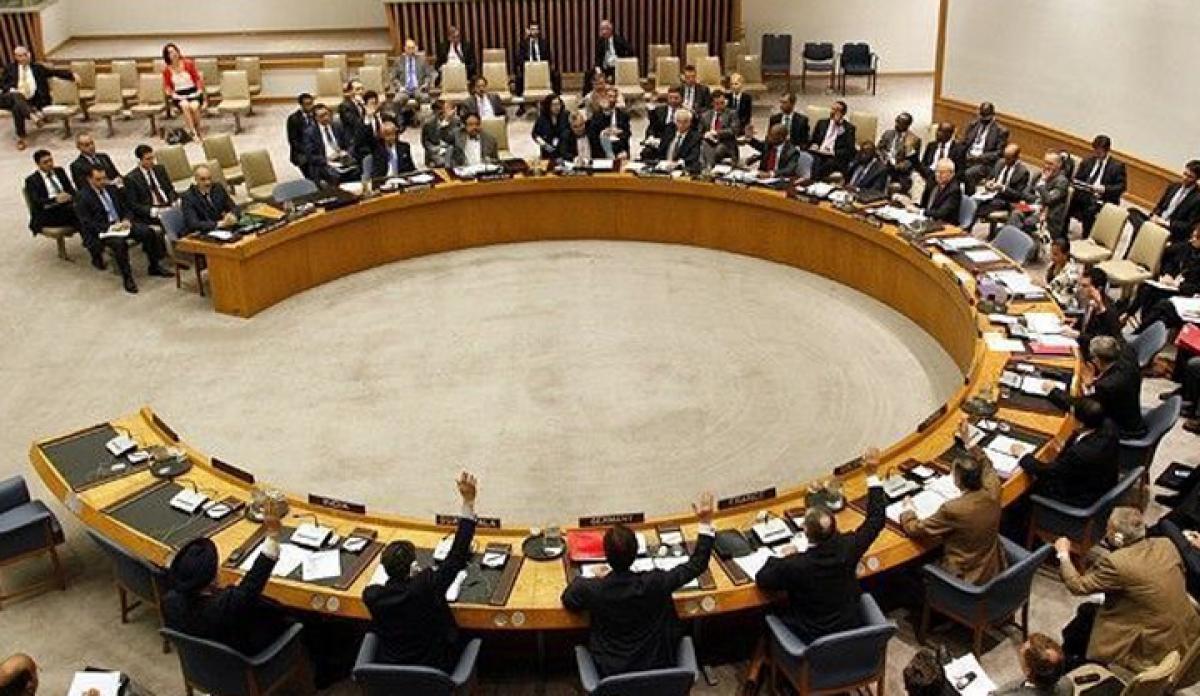Live
- Waltair Division observes ‘Energy Conservation Week’
- Srikakulam police bust two fake note gangs
- 3 held, 810 kg ganja seized
- Workshop on ‘Live Agri-technologies’ concludes at SPMVV
- Advancing Biomedical Research with NMR techniques
- Key Highlights of India in 2024
- Expose Opposition’s evil propaganda in villages: Seethakka to Cong workers
- MLA Sudhir focuses on amenities at Srikalahasti rly station
- Chittoor police crack down on drunk driving with 963 cases
- Vision document historical, says Keshav
Just In

x
Highlights
The Japanese government is demanding a UN envoy retract remarks that 13 percent of school girls in Japan are involved in forms of paid dating that can involve sex.
The Japanese government is demanding a UN envoy retract remarks that 13 percent of school girls in Japan are involved in forms of paid dating that can involve sex.
The foreign ministry said it had recently informed the Office of the United Nations High Commissioner for Human Rights that the comment, made in Tokyo last month, was "inappropriate and extremely regrettable".
It is "unacceptable" that the envoy cited "unreliable information" without a source, the ministry revealed in a statement Monday.
Last month, Maud de Boer-Buquicchio, the UN's special rapporteur on the sale of children, child prostitution and child pornography, touched on the Japanese social phenomenon of "enjo kosai", often translated as "compensated dating", during a press conference.
"Some 13 percent of the school girls in Japan are involved in that kind of activity, which perhaps starts with a relatively innocent activity" such as men going for a walk with high school girls, she said.
The spat highlights what has come to be seen as a troubling aspect of the sexualisation of young girls in Japan in which they are often portrayed in the media in surprisingly suggestive ways that have been largely internalised domestically but that can surprise outsiders.
In "enjo kosai," which emerged in the 1990s, older men pay teenage girls for dates which can involve sex, while the expression "JK" -- a Japanese-language abbreviation for high school girls -- refers to more organised and systematic operations in which girls can give massages, lie down next to men or go with them for a stroll.
The US State Department last year said in a report that "enjo kosai... continues to facilitate the prostitution of Japanese children".
In response to the foreign ministry's protest, de Boer-Buquicchio said in a statement that she "received no official statistic on the scope of the 'JK business' in the country" during her trip.
"However, many of my interlocutors referred to it as a worrying trend which can easily lead to sexual exploitation of the minors involved in this lucrative business," she said.
"In the press conference, I made reference to estimates I had seen in open sources to highlight a phenomenon that must be urgently tackled."

Next Story
More Stories
ADVERTISEMENT
© 2024 Hyderabad Media House Limited/The Hans India. All rights reserved. Powered by hocalwire.com







